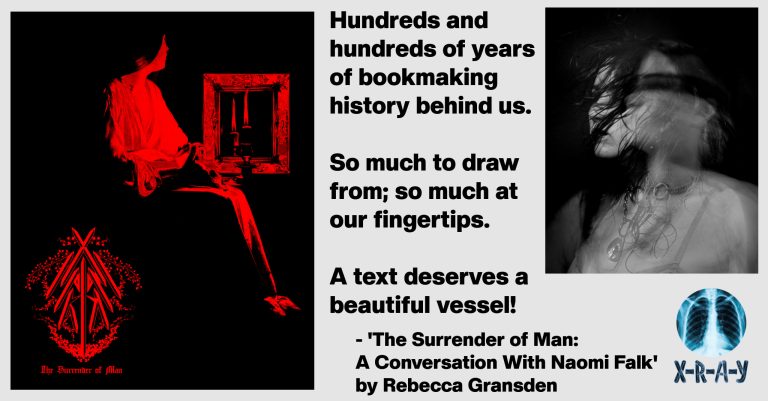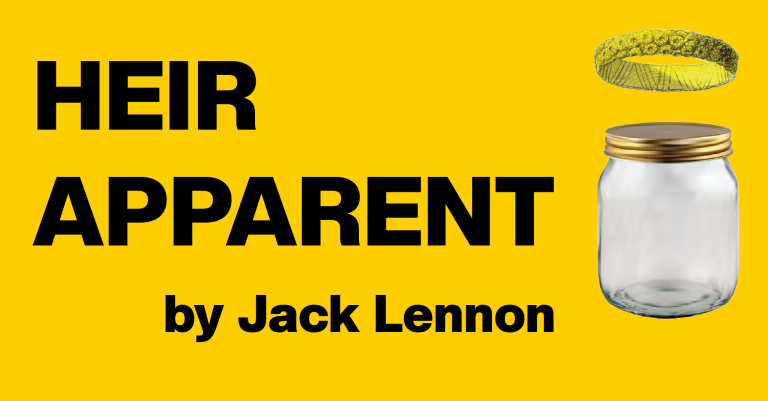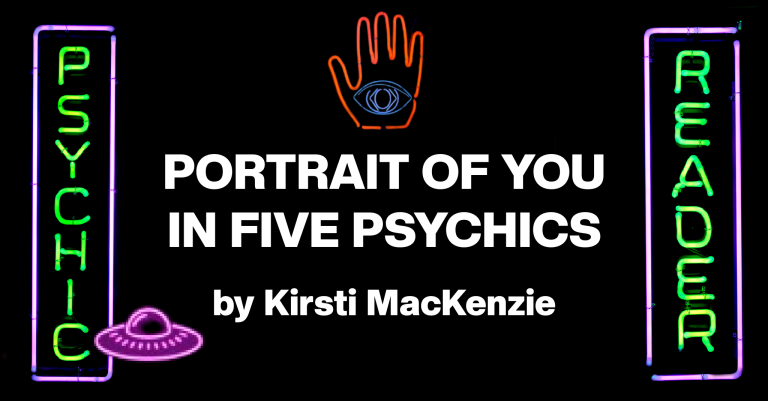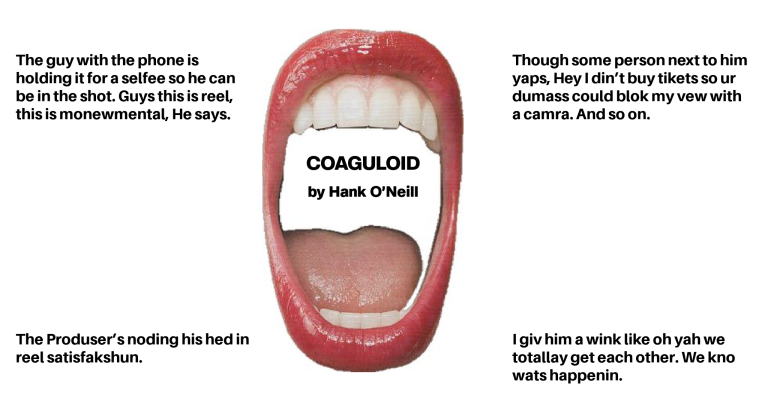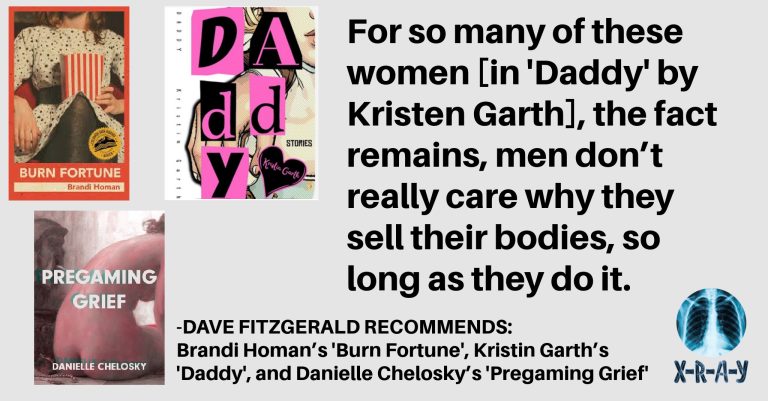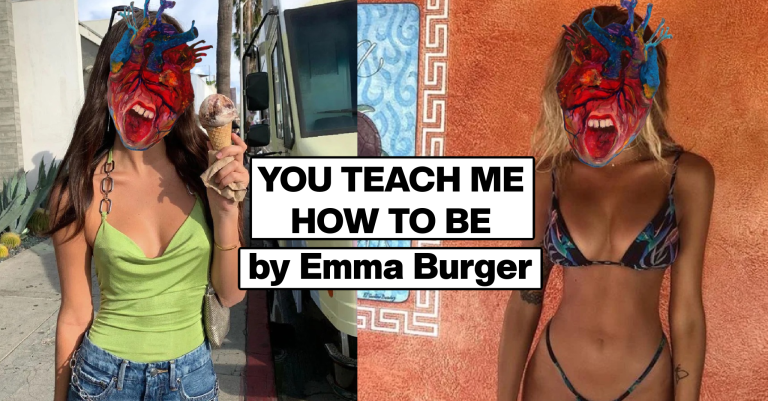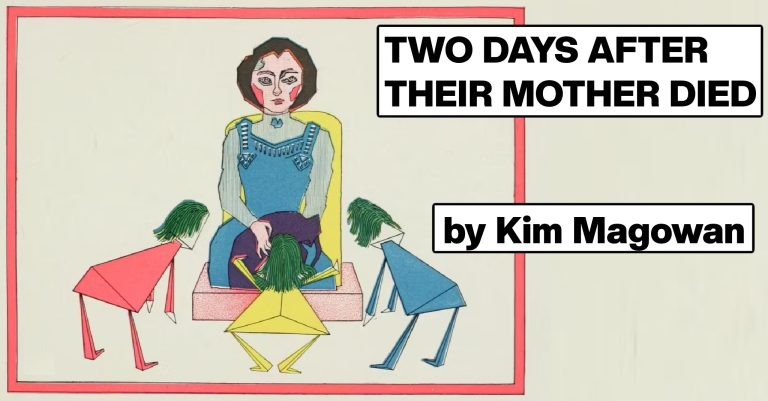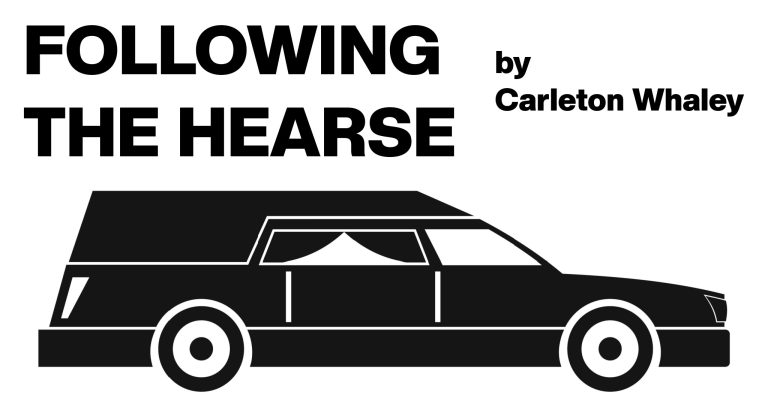
FOLLOWING THE HEARSE by Carleton Whaley
Driving through the Detroit suburbs, cutting through traffic, honking and cursing at other drivers, the brothers make their way to the crematorium. It is difficult to keep up with the long hearse. Traffic seems to move automatically for it just as it blocks the brothers’ car. “I know,” the older says to the younger. “Yeah?” the younger asks. They are still navigating the void which now defines their relationship—the change from middle-and-youngest to older-and-younger. “I was just agreeing that I probably shouldn’t have told Nana to shut the fuck up.” “Coulda been handled better,” the younger says. They pass a


